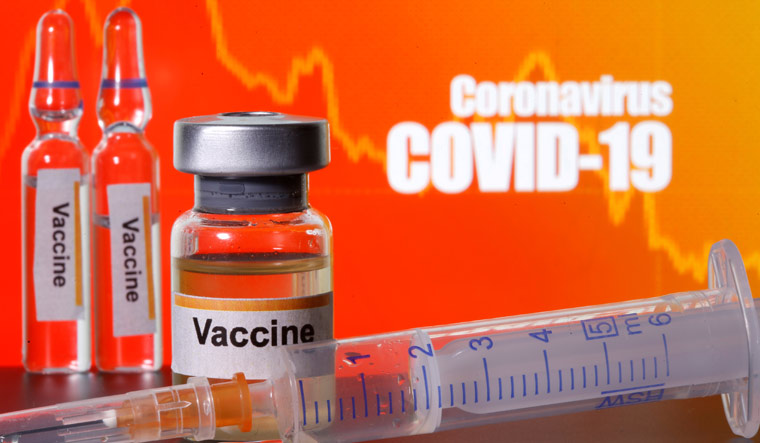Older people, too, may benefit from the Moderna COVID-19 vaccine, results of a small trial in the US show. According to phase one trial results of the US National Institute of Allergy and Infectious Diseases and biotech firm Moderna's vaccine candidate (mRNA-1273), adverse events associated with the vaccine were “mainly mild or moderate” in older adults (56 years or older), a group that is particularly at risk for illness and death from COVID-19.
The results were published in the New England Journal of Medicine and the study was done on a small group of people. Two doses of the vaccine were given, and mostly “mild-to-moderate local and systemic adverse events of short duration” occurred predominantly after the second dose, according to the study. The results were similar to the phase one results with younger adults (18-55 years).
Moderna's mRNA vaccine candidate is one of the front runners in the US, the others being the candidates from Pfizer, Novavax and Janssen pharmaceuticals.
Experts say that old people generally don't respond well to vaccines. According to Dr Florian Krammer, professor, microbiology, Icahn school of medicine, Mount Sinai, New York, this can be seen in the Sinovac and Pfizer vaccine candidate trials.
“We also know this from flu. There are even special formulations of flu vaccines for old people that make them respond better. In addition, it has even been shown that old people need much higher neutralizing titers than young people to be protected (again, for flu). So, the most vulnerable might profit the least from vaccines and we might needs special regimens or dosages for them,” Krammer said in a social media post on COVID-19 vaccines.
The results of the Moderna study provide a ray of hope in that the vaccine proved safe and well-tolerated in a small group of people in that age group. However, authors say that longer follow-ups and a higher number of participants may be required to fully evaluate the safety profile, and capture rare adverse events.
On immune response, the authors say that the vaccine candidate induced high levels of both binding and neutralising antibodies in older people, albeit after the second dose.
"The responses after the second vaccination were similar to those observed in patients who had recovered from COVID-19 and had donated convalescent serum, including some who were severely ill," the study reads. However, here too, a smaller number of participants was a limitation. Other limitations of the study include lack of an ethnically diverse group of participants, the fact that long-term durability of immunogenicity could not be assessed. The magnitude of antibody, cellular, and memory responses will be followed for 12 months after the second vaccination, authors say.
The authors also caution that though waning neutralizing-antibodies have been observed in recipients of DNA vaccines against MERS (Middle East respiratory syndrome) and SARS and in patients with SARS-CoV-2 infection, data on the durability of responses observed after mRNA vaccines are limited. An mRNA vaccine for influenza (H7N9) though resulted in neutralising antibodies for six months post-vaccination. Besides, other factors such as the presence of chronic diseases (e.g., diabetes) and frailty may be better predictors of poor immunologic responses than age alone, they say.



